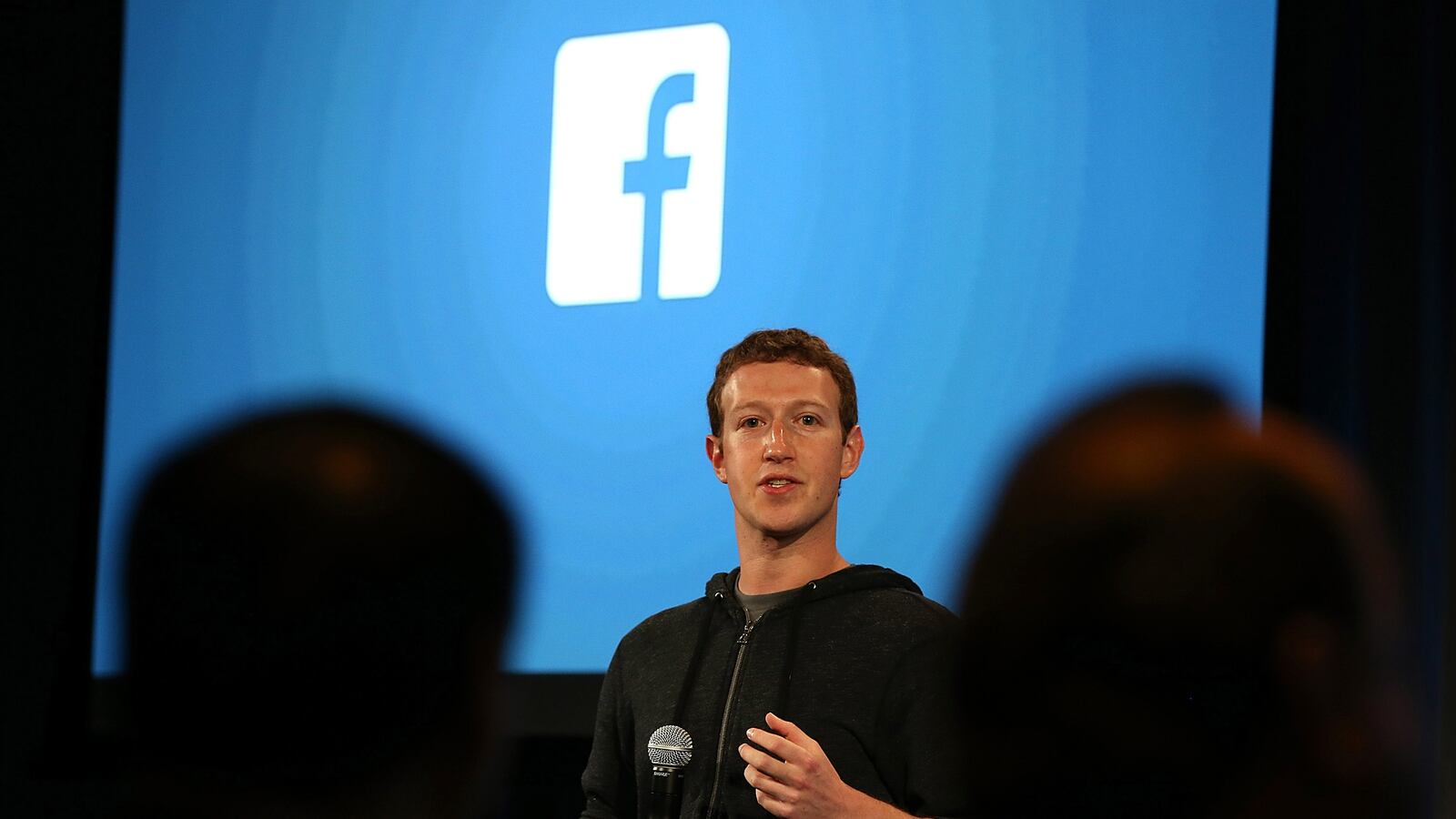
Is Facebook Graph Search an advertising game-changer or a stalker's dream? Actually, it could be both.

Facebook expanded the beta version of its Graph Search on Monday, rolling out the feature to all English-speaking users in the U.S. It enables specific searches of your friends and the broader Facebook user base. For instance, you could search for "friends of friends who work at Facebook" or "Harvard University graduates who like Privacy" and find precisely those people, as long as their privacy settings allow the information to be searchable.
Graph Search is designed to be faster and more effective than the Facebook search, but the bottom line is that it could redefine how effectively the company can sell and target advertisements.
"Graph Search makes it possible for Facebook to produce an ad category that's unique to Facebook," said Max Wolff, chief economist and senior analyst at Greencrest Capital. "That more or less makes good on the ad pitch from Facebook, which is that it allows advertisers to have a targeted entry into social interaction."
He sees a big difference between the display ads that Facebook has now and the ones that could be integrated into Graph Search.
"We know that a Facebook display ad is a perfectly good display ad, but there's no real proof that a Facebook display ad is any different from any other display ad," Wolff said. "And an individual looking at a display ad is slightly less likely to buy that product than to get struck by lightning."
But this could be a whole new ballgame.
If Facebook users do a Graph Search for friends of friends who "like" a given product, "these folks are seriously interested—there's an intentionality there," Wolff said. "For an advertiser, that's a really big deal. It jacks up your ability to close. That's the promise of the social Web."
But there's one scary caveat. Because of the rich detail it provides, "Graph Search could be the stalker's utility of the millennium," he said. It makes a great volume of personal detail publicly searchable, "so the risk is that people start getting reached out to, and if some nontrivial portion of higher-income consumers jack up their privacy settings, Graph Search goes from good idea to big problem lickety-split."
Graph Search's stalkerish aspect could be its biggest asset, according to Michael Pachter, an analyst who covers Facebook for Wedbush Securities.
"About half of Facebook users are voyeurs, and half are exhibitionists," Pachter told CNBC.com. "Facebook knows a lot about the exhibitionists, because they tell the world everything, but very little about the voyeurs, because we just watch. Graph Search gives Facebook an opportunity to see what we're interested in."
Pachter rates Facebook outperform and has a $35 price target on the shares, which implies 41 percent of upside from Monday's closing price.
When it comes to Facebook, then, it seems that the stalkers are at risk of becoming the stalked. And that could be great news for the stock.





